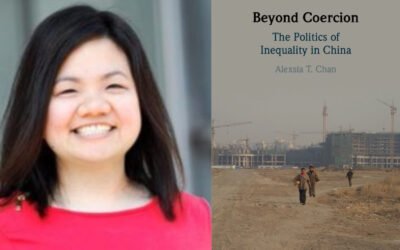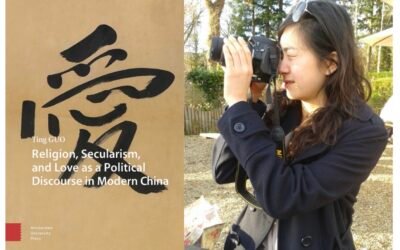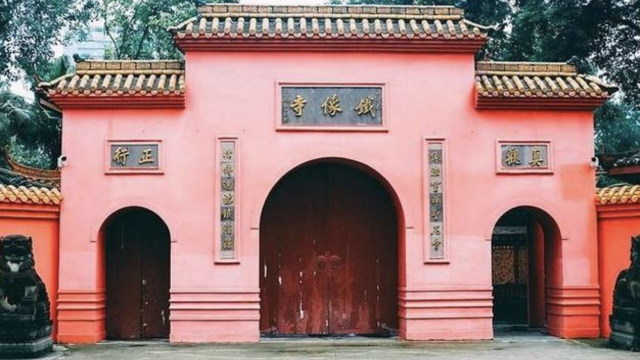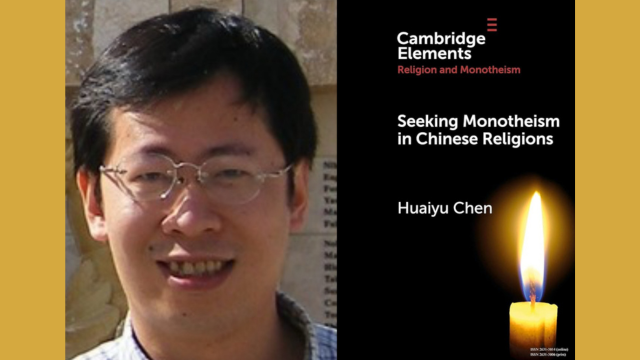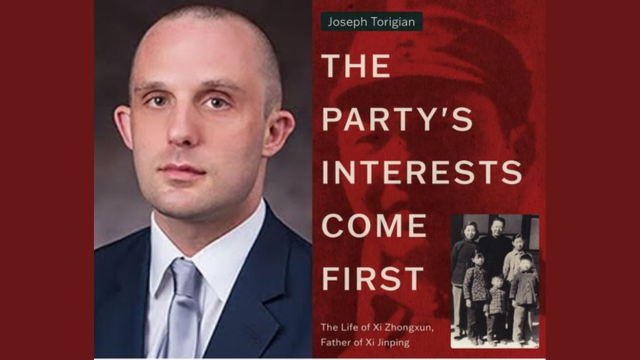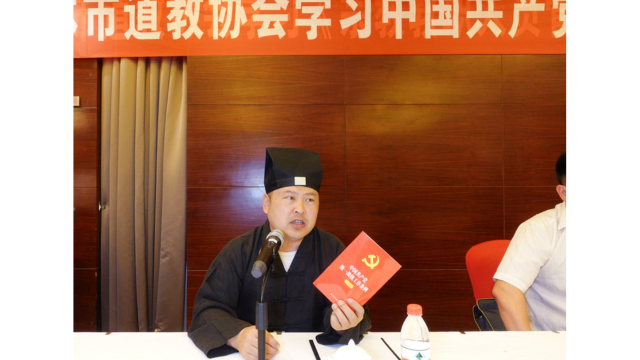A new book by Alexsia T. Chan claims that discrimination against internal migrant workers is not an accident but a strategy.
Featured China
“The Battle of Penghu”: Weaponizing History, Again, for Propaganda Films About Taiwan
China’s use of historical cinema to push reunification narratives is drawing criticism even within its own borders.
Roses Are Red, Loyalty Is Too: How China Weaponizes Love
“Religion, Secularism, and Love” by Ting Guo is about the political use of the world’s oldest control tool.
Recruiting the Gods: China Represses Religion at Home but Weaponizes It in Taiwan
The goddes Mazu, the divinized general Guan Yu, and other deities are mobilized by CCP propaganda to promote the reunification narrative.
“Silent Honor”: China’s Latest TV Drama Turns Spies into Saints—and Taiwan into a Sentimental Target
It’s not just espionage chic. The Ministry of State Security developed a script that evoked strong feelings about the “unavoidable” reunification.
Tantra, Translation, and 20th-Century China: A Seductive Look at Esoteric Buddhism
Wei Wu’s new book offers a window into a captivating, enigmatic, and mostly unfamiliar aspect of Chinese Buddhism.
Were the Chinese Originally Monotheists? New Light on an Ancient Missionary Debate
A dazzling little book by Chen Huaiyu shows how Baroque-era Jesuits and 19th-century Protestant missionaries scoured Chinese texts for signs of a pristine monotheism.
Understanding Xi Jinping by Studying His Father Xi Zhongxun: A New Biography
Joseph Torigian’s “The Party Interests Come First” focuses on an important yet often misunderstood Chinese revolutionary.
Quanzhen: How China Weaponizes Taoism for Global Propaganda. 4. Shifting Sands
Beijing’s efforts to infiltrate Taoism in Taiwan continue. However, Taiwanese see China and the CCP with growing mistrust.
Quanzhen: How China Weaponizes Taoism for Global Propaganda. 3. Ready to Mobilize?
The CCP would like to use Taiwanese Quanzhen Taoists for its purposes. However, it encounters an obstacle in the very structure of Taiwan’s Taoism.

